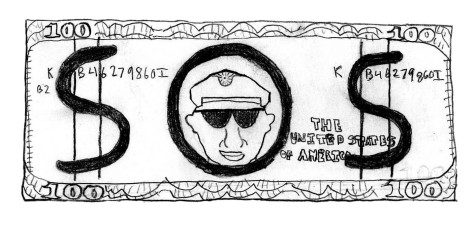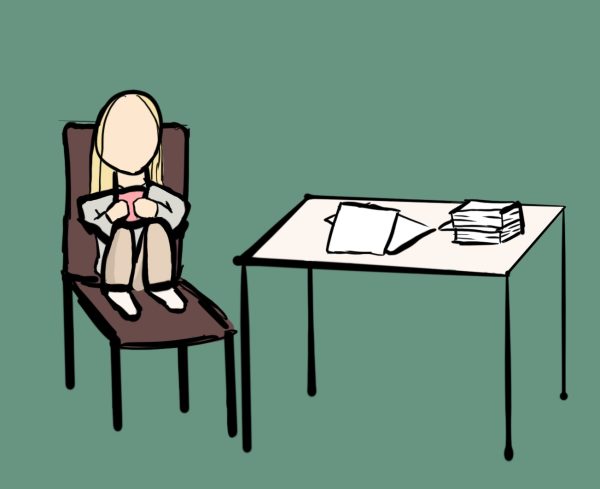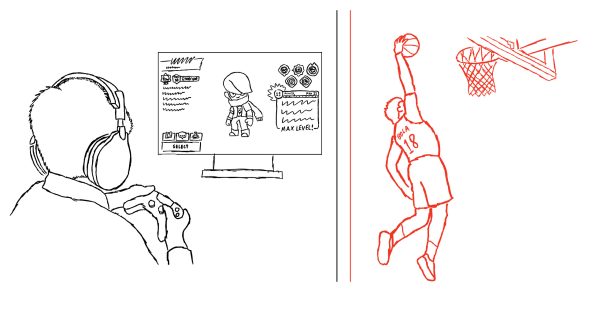Under-the-table deals destroy police ethics
 Being a police officer is a grueling job and often goes unappreciated. Much of society becomes pressured or nervous when it sees a black and white cruiser in the rearview mirror. Better check my speed, people think to themselves while being overshadowed by the feeling of being watched. There is greater reason, however, to worry about police culture for their behavior behind closed doors rather than on the road. What really matter are the actions of corruption that occur in their offices: embezzlement, blackmail violence.
Being a police officer is a grueling job and often goes unappreciated. Much of society becomes pressured or nervous when it sees a black and white cruiser in the rearview mirror. Better check my speed, people think to themselves while being overshadowed by the feeling of being watched. There is greater reason, however, to worry about police culture for their behavior behind closed doors rather than on the road. What really matter are the actions of corruption that occur in their offices: embezzlement, blackmail violence.
It’s easier to understand police corruption when examining the causes or factors that make it possible to occur. One issue is that lower-ranked police officers are unseen by their managers for a large chunk of their workday. It becomes all too easy to bend the rules they are required to follow. If you were working at a restaurant that does not allow tips, and you saw wad of cash on the table you just served while your manager is nowhere in sight—would you take it? You very well might, and police officers can be just as apt to do the same when offered bribes.
Also, it is not entirely clear who polices the police. Some claim other police officers do. If a police station relies mostly on a system such as this, then it is subject to hushing of inside crimes that occur when officers abuse their power for personal protection. This may be what is happening in the northern Illinois community of Fox Lake.
Just this September, Joseph Gliniewicz, an officer of the area, was found shot dead. The investigation thus far has been inconclusive. “Quad Cities” online newspaper reported that Joseph Battaglia, a former Chicago officer, made threats against the sheriff’s office doing the investigation that if the murder was not declared suicide he would harm investigators. This certainly poses a possibility that the sheriff’s office might be trying to conjure proof that he wasn’t murdered so as to protect their own officers.
This type of crime is not new. On national news police corruption, specifically brutality, has been the cause of major city riots throughout history, such as the notorious Rodney King riots in 1992 or the 1967 Detroit police raids. To lessen this problem, police officers need to be checked rigorously while on duty by officers trained to ensure law-abiding practices. This process would most likely cause some growing pains that have the potential to temporarily hinder investigations. Over time, though, this system would become engrained into the structure of police work and upheave the very causes of corruption.
Your donation will support the student journalists of Saint Viator High School. Your contribution will allow us to purchase equipment and cover our annual website hosting costs.







